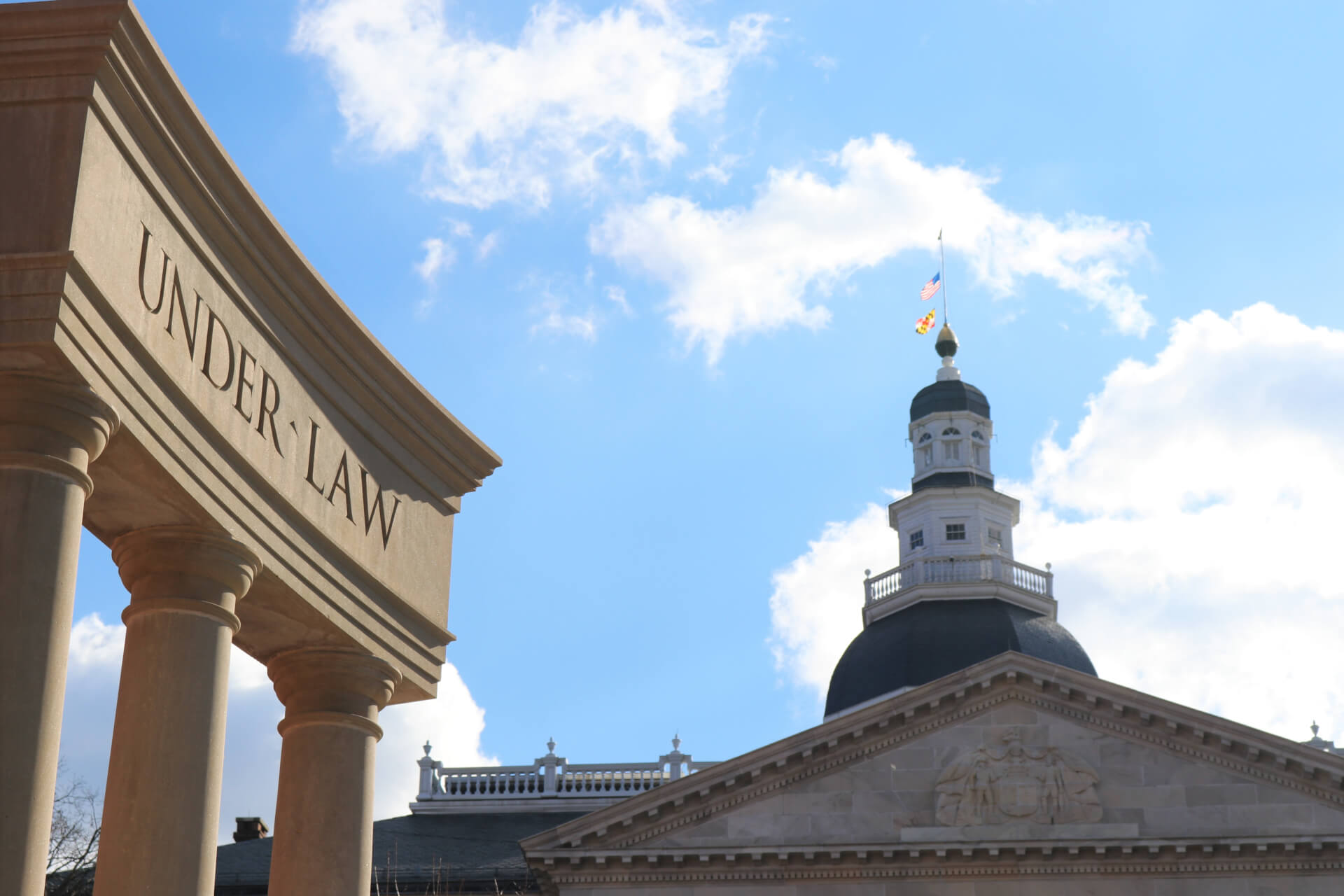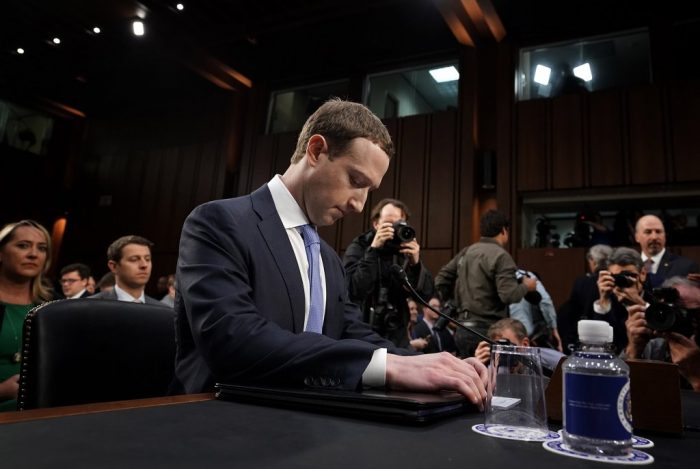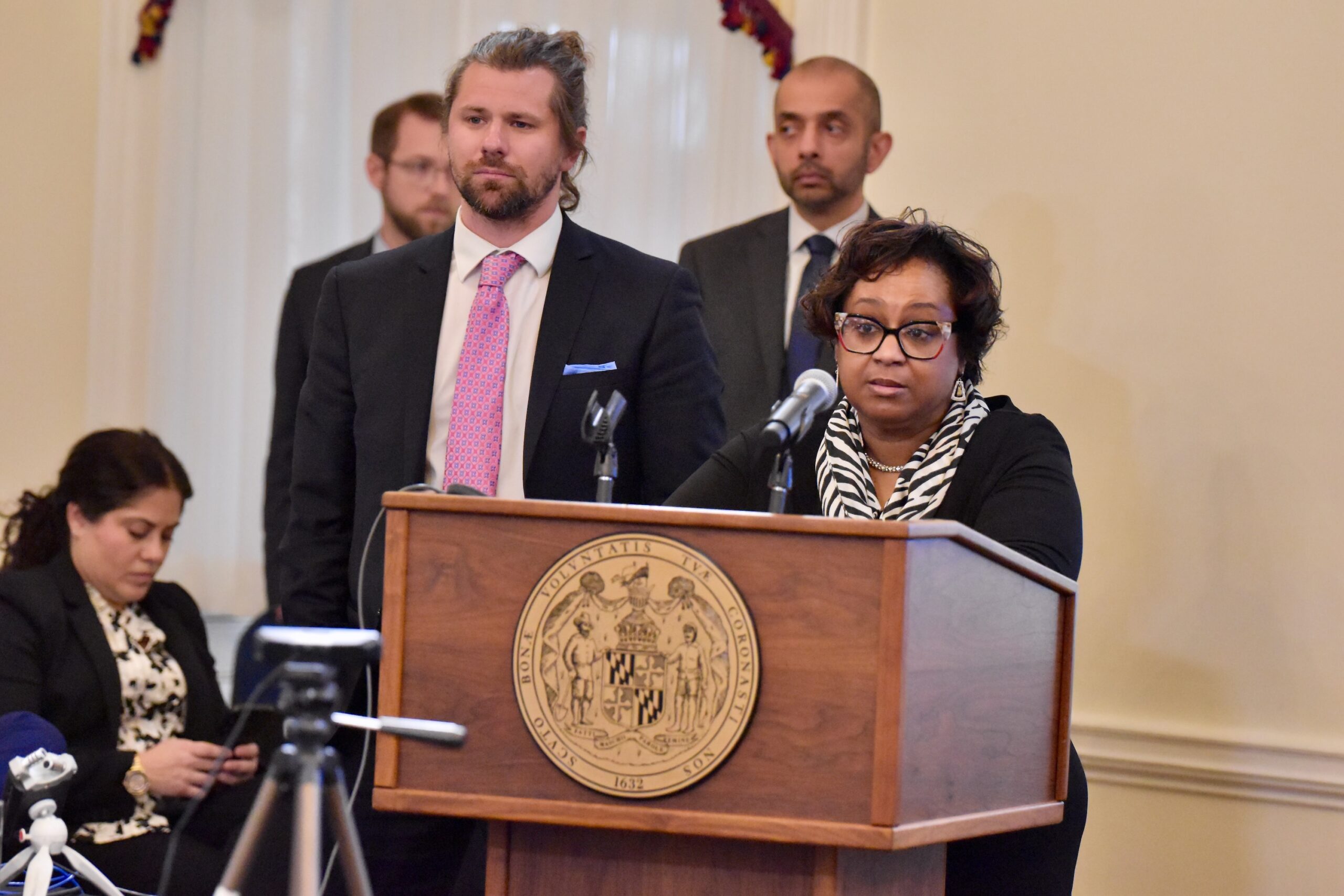With Override Votes, Senate Passes Landmark Education Reform and Digital Ad Tax Bills Into Law

The Maryland Senate on Friday voted to override Gov. Lawrence J. Hogan Jr.’s veto of a monumental education reform bill, culminating years of work from policy experts, education advocates and lawmakers and finalizing it into law.
The vote fell on party lines, 31-15, with Democrats in favor of overriding the veto. The House of Delegates had voted in favor of the override earlier this week, meaning that the bill will be enacted into law in 30 days.
The Blueprint for Maryland’s Future is a 10-year plan that would expand pre-kindergarten programs and increase funding for schools with high concentrations of poverty, increase pay and career opportunities for teachers, create new career pathways for high schoolers who don’t plan to attend college, and establish an accountability board to ensure that the government and school districts properly implement the Blueprint plan.
These programs were recommended by the so-called Kirwan Commission, which for three years, reviewed best practice standards to rebuild Maryland’s public school system.
“Desperately needed resources will now flow to the schools and children across the state, including an army of tutors, a significant expansion of community schools and preschools, greater support for teachers and much, much more,” Brit Kirwan, the chairman in the Commission on Innovation and Excellence in Education, said in a statement.
“This was the product of years of work by committed lawmakers, state, national, and international policy experts, advocates, parents, and students,” he continued.
Hogan (R) had vetoed the bill in May, claiming that it was untenable to raises taxes during an economic downturn induced by the COVID-19 pandemic in order to fund the Blueprint plan. Education funding would increase by $3.2 billion by 2030, a cost the state and local governments would share.
“Eleven years ago, I wasn’t sure what I was getting into but just knew that the state had more to do to ensure that every child and family can meet its God given potential,” Senate President Bill Ferguson (D-Baltimore City) said. “Here we are 11 years later. This is the plan I believe that sets forth. Starting tomorrow, nothing is more important than implementing with fidelity with accountability. It is the future of Maryland’s economy that’s at stake.”
U.S. Sen Chris Van Hollen (D) also heralded the override.
“As our schools, students, and educators face the challenges brought on by the coronavirus pandemic – including a widening learning gap – the investments and reforms called for in the Blueprint for Maryland’s Future could not come at a more critical time. We must immediately take action to address inequities in education across our state and to ensure every child in Maryland has access to a quality education. Today’s veto override will help secure that objective and build a better, brighter future for Maryland’s children,” Van Hollen said in a statement.
However, Republicans opposed the override, arguing that the bill lacked accountability for student performance and doesn’t take into account the coronavirus pandemic’s effects on economy.
Under the measure, there is no clear way to check if the Blueprint plan is in fact improving student performance, opponents contended. Rather, the bill focuses more on implementing and funding the education programs, they continued.
“We hear a lot of promises, but there are no guarantees requiring a measurable student performance improvement. This should give the public serious pause before investing $30 to $40 billion,” said Senate Minority Leader Bryan Simonaire (R-Anne Arundel).
Education has significantly changed during the pandemic, with more virtual learning and disparities in broadband connectivity, which should be addressed in the final education reform bill, said Sen. J. B. Jennings (R-Harford). “You got to take the Blueprint back to the drawing board and redo it,” he said.
But this issue has already been extensively debated and reviewed, with the commission analyzing the best education standards nationally and internationally for three years and figuring out how to best adapt them for Maryland, said Sen. Paul Pinsky (D-Prince George’s).
Republicans also voiced concern about the power that the Accountability and Implementation Board created by the bill would have, possibly undermining the State Board of Education’s effect on policy.
The bill includes a seven-member accountability board appointed by the governor, Senate president and House speaker, which would be responsible for developing a statewide implementation plan to guide education reforms. The panel can also withhold 25% of new state funding from counties each fiscal year until counties work towards reform plans.
Opponents questioned whether it was the right time to implement a multi-billion dollar measure in the middle of a global pandemic. The primary focus should be on assisting Marylanders with immediate COVID-19 needs and long-term recovery, said Sen. Mary Beth Carozza (R-Lower Shore).
Senate Budget and Taxation Committee chairman Guy J. Guzzone (D-Howard) said that there is enough money to pay for the Blueprint plan for the next four years. He also underscored Hogan’s decision to allocate funding for the Blueprint bill that he vetoed last year into his budget plan, which he was not mandated to do.
“It’s sort of proof that you can take actions along the way to deal with the current situation,” Guzzone said.
When the pandemic finally ends, the state will have to address education challenges one way or another, and the Blueprint bill is a good place to start, Pinsky said. “When we’re on the other side of the COVID, we will be in the exact same situation,” he said.
“This is a framework, it is a blueprint, and it’s workable,” Pinsky said.
Digital ad tax becomes law
Following an override vote by the House of Delegates earlier this week, the Senate also voted Friday to override a key revenue bill to help fund the education reforms.
The first-of-its-kind tax on digital advertising would be levied on large tech companies, generating up to $250 million annually in state revenues.
With the Senate’s vote, the measure becomes law.
The digital advertising tax, championed by Ferguson, would target the largest tech companies ― those with more than $100 million in annual global revenues ― that store and manipulate users’ personal data. But opponents argue that the tech companies will pass their costs down to small business owners, many of whom have turned to digital advertising during the pandemic to drum up business.
Sen. Stephen S. Hershey Jr. (R-Upper Shore) said he was disappointed that the digital ad tax will harm small businesses trying to reach new customers, which is especially crucial during the pandemic.
“Once again, we have before us another creative bill targeting our small businesses. Only this one hurts small businesses in a way that I never would have thought was imaginable by taxing their advertising,” Hershey said. “Not their sales, not their profits, but their advertising. The means which businesses grow, the way they reach new customers, the way they show off new products and new services.”
Sen. James C. Rosapepe (D-Prince George’s) defended the bill, and said there are some businesses that have seen massive increases in business during the pandemic: large, multinational tech companies.
He said those same companies work to avoid paying taxes in states and countries around the world, and a separate bill introduced as emergency legislation this year would prohibit them from directly passing the advertising tax increase along to Maryland small businesses.
“We need to make sure that the folks who have suffered during this pandemic get the kind help they need,” Rosapepe said. “And that those, god bless ‘em, who have been big winners ― a handful of big tech companies ― that they start paying their fair share.”
The bill also includes an increase of the state’s tobacco tax, as well as an expansion of the tax to electronic smoking devices. The tobacco tax increase could generate as much as $100 million in the first year of implementation, but would be expected to decrease in subsequent years, according to analysts.
Sen. Justin Ready (R-Carroll) said the General Assembly was raising the state’s tobacco tax “to an almost comical level now.”
Sen. Jack Bailey (R-Calvert and St. Mary’s) pointed out that many senators have districts bordering on other states where residents can easily go to avoid Maryland’s tax, pulling money from small businesses in the state.
The veto was overridden by a vote of 29-17.
Two Democrats joined Republicans in voting to sustain the veto: Katie Fry Hester (D-Howard) and Katherine A. Klausmeier (D-Baltimore County).
The Senate also voted late Friday to override the governor’s veto of House Bill 932 of 2020, dubbed the 21st Century Economy Fairness Act. That measure will apply the state’s 6% sales tax to downloads of products like books, music and streaming services, and is expected to generate more than $80 million next year.
That measure was overridden by the same 29-17 vote and becomes law.
Ferguson sent an email to constituents Friday afternoon titled “Maryland Just Made History.”
“Today, the Maryland General Assembly took action and two of the most vital policies of my legislative career were enacted, making history in the process,” Ferguson wrote. “Fundamentally, the Blueprint for Maryland’s Future and Digital Ad Tax are about helping Maryland’s students in our most underfunded schools, families who don’t deserve to bear the brunt of the economic burden caused by COVID-19, and our small businesses who already pay their fair share in taxes to our State. Every member of the General Assembly was elected to serve all Marylanders by solving problems today to expand opportunity tomorrow. That is what we did today.”





 Creative Commons Attribution
Creative Commons Attribution